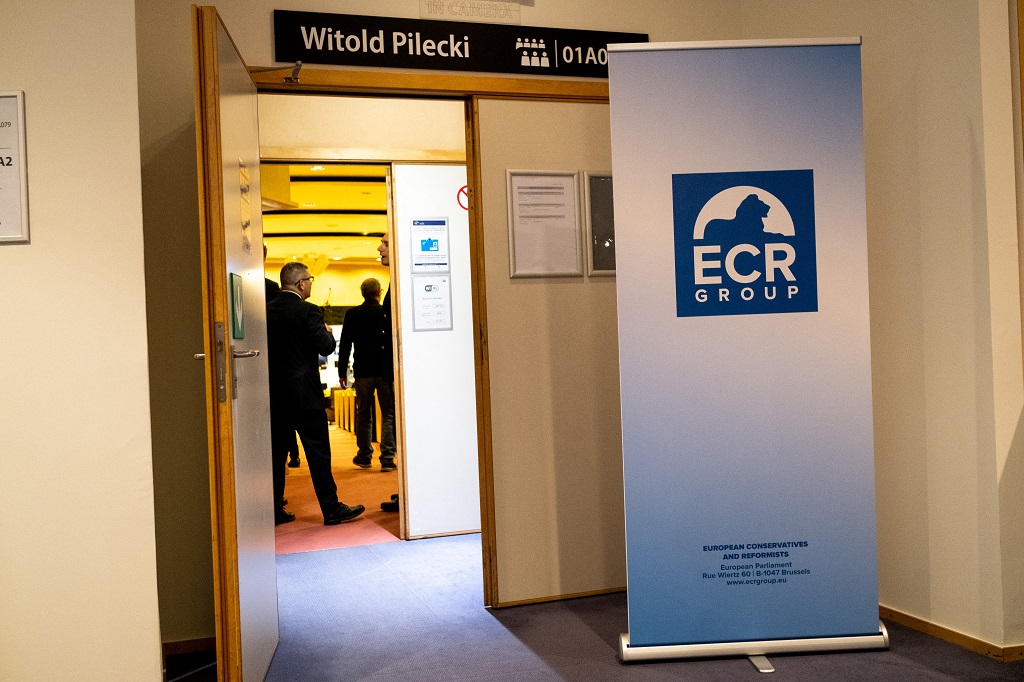US Department of State officials have warned Irish regulators that if they censor speech, they could face visa restrictions.
The White House said it feared European Union legislation regarding the Digital Services Act (DSA) might impede the freedom of speech of US citizens.
With many US tech companies having their European headquarters in Ireland, the country might end up in the middle of international tensions over censorship.
Irish journalist Patrick O’Donoghue told The Sunday Times recently that the US state department had warned Irish regulators against pressuring US tech companies to “chill or limit free speech”. That was following a meeting with the Irish Media Commission and officials from the US Department of Justice.
In May, US Secretary of State Marco Rubio had already warned of US visa restrictions on foreigners who were “complicit in censoring Americans”.
That would mean Irish or European regulators would not be able to visit the US if Washington found them involved in what was termed censorship.
A senior US adviser said the UK and Europe had become “a hotbed of digital censorship, mass migration, restrictions on religious freedom and numerous other assaults on democratic self-governance”.
The European Union’s latest enforcement actions under the Digital Markets Act have set the stage for a confrontation with some of the world’s largest tech companies. https://t.co/XtGewccv85
— Brussels Signal (@brusselssignal) March 21, 2025
On Irish radio broadcaster Today FM’s Anton Savage Show on June 14, O’Donoghue said US officials went to Ireland to better understand how local officials saw their regulating role and were highly sensitive regarding possible censorship.
O’Donoghue said his country was “in a tight spot”, squeezed between the US demands and the European hate-speech laws.
Brussels has given Ireland a deadline of July 7 to implement hate-speech laws, pressuring Dublin to adopt more stringent legislation.
Brussels Signal reached out to the European Commission but it refused to comment.
Irish officials, facing a dilemma, have indicated the talks with the US representatives contained “no hostilities”.
But O’Donoghue said: “It is very clear there is definitely a bit of pressure on the Irish government to think carefully about what it’s going to do regarding implementing certain speech codes that would be in line with Brussels in terms of hate speech and regulation of online speech, particularly on online platforms.
“It’s going to be really interesting to see how this all plays out, what the Department of Justice eventually decides what it is going to do in relation to hate speech,” he said.
He predicted that whatever Dublin chose, it would have “profound implications” regarding its relationship with Washington.
According to O’Donoghue, the Trump administration had a very different view on things compared to the previous Biden administration and was much more supportive of free speech.
He said the US was now much more willing to “throw its weight around” to support the issue on the world stage.
COMMENT: The USA has the First Amendment, the EU has @ElonMusk. Is he up for the fight against the draconian Digital Services Act? asks Karl Pfefferkorn. https://t.co/BrrVTLCuDb
— Brussels Signal (@brusselssignal) September 3, 2024
In May, an MCC Brussels report showed that the EU had given €650 million to projects combating hate speech and disinformation, one third more than it gave to transnational cancer research projects.
It said the European Commission had used the DSA as a tool to further regulate online speech.
Funded projects highlighted by the report included using AI and algorithms to monitor speech, classify online content and determine what was “harmful” or “untrue”.





